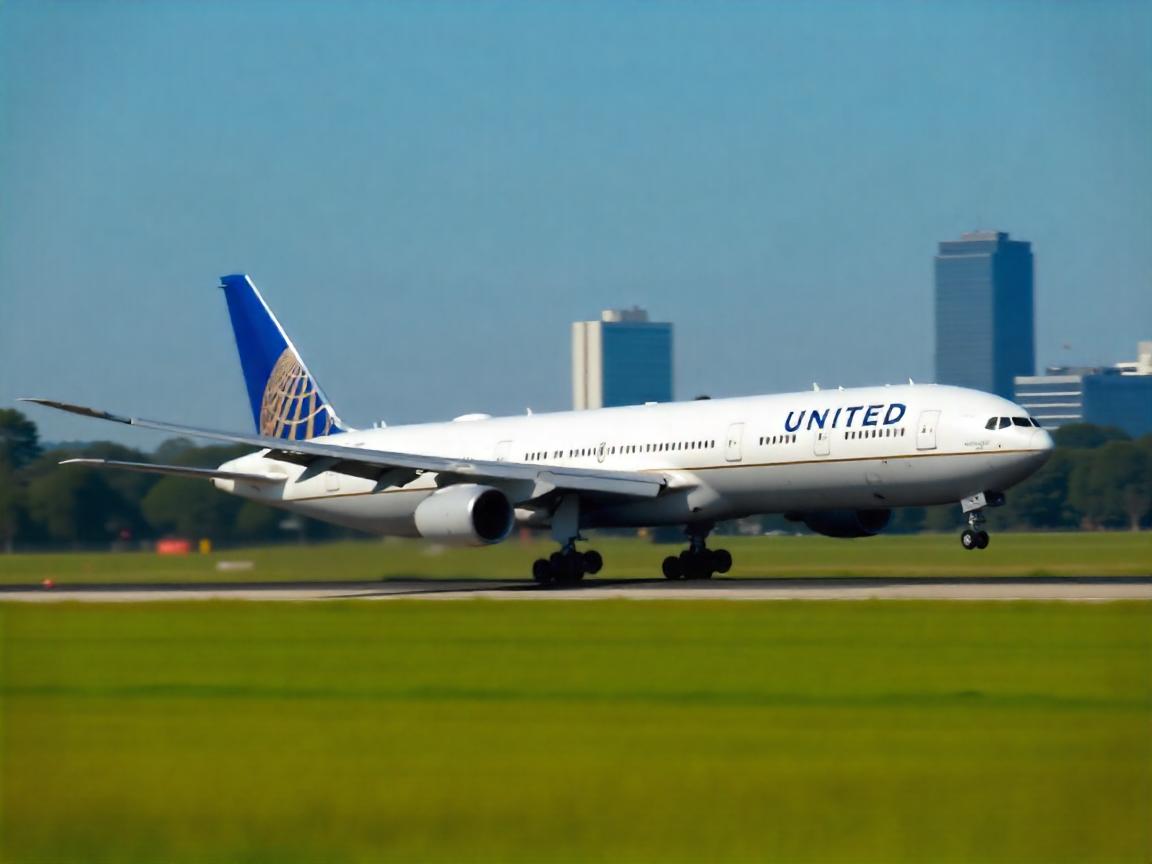Home
»
AIRLINE NEWS
»
Airline News of US
»
United States Faces Major Setback in Aviation Industry as United Airlines Struggles with Operational Challenges at Newark Airport Leading to Significant Q2 Earnings Dip
Thursday, July 17, 2025
United States aviation has been significantly impacted by ongoing operational disruptions at Newark Liberty International Airport, a key hub for United Airlines. The airline, already grappling with air traffic controller shortages, equipment failures, and runway construction, revealed a decline in its Q2 earnings, largely attributed to these issues. The logistical challenges at Newark, one of the nation’s busiest airports, led to widespread delays and cancellations, which ultimately caused a 1.2 percentage point dip in the airline’s earnings. Despite these challenges, United remains resilient, with strong demand for its premium products showing promise for future growth. However, the situation at Newark has undeniably put pressure on the airline’s operations and its financial outlook.
United Airlines Struggles to Recover from Newark Disruptions as Q2 Earnings Decline
United Airlines continues to grapple with the aftermath of significant operational disruptions at New Jersey’s Newark Liberty International Airport (EWR) earlier this spring. The airline’s second-quarter financial performance took a hit due to the logistical challenges at one of its most vital hubs, sending its stock down by 3% during premarket trading on Thursday. The airline revealed that its earnings had dropped, in part due to the ripple effects caused by the turmoil at EWR in April and May.
Newark, a major hub for United, faced a series of issues that snowballed into widespread delays and cancellations. The airport, one of the busiest in the US, experienced a shortage of air traffic controllers, equipment malfunctions, and an ongoing runway construction project. These challenges led to severe operational gridlock, disrupting United’s flight schedules and affecting the airline’s overall performance for the quarter.
As a result, United reported that its Q2 earnings took a 1.2 percentage point dip due to the difficulties at Newark. The airline, which heavily relies on this hub for both domestic and international flights, felt the burden of these challenges in its financial results. However, the situation at Newark appears to have stabilized somewhat. The completed runway project and the implementation of ongoing flight limits seem to have eased the worst of the delays and cancellations. United’s management noted that Newark performed the best in terms of on-time arrivals compared to the other two New York-area airports during the busy July Fourth travel period.
Despite the setbacks at Newark, there were signs of resilience in other areas of United’s business. Demand for the airline’s premium products remained robust during Q2, with revenue from premium services increasing by 5.6% compared to the same period last year. This trend reflects a broader market shift towards premium travel as more passengers opt for higher-end services in response to post-pandemic travel trends.
Looking ahead, United remains optimistic about the future, focusing on enhancing its operational efficiency to prevent further disruptions at Newark and other key hubs. While the springtime turmoil at Newark undoubtedly took a toll on its bottom line, United’s strong premium revenue growth suggests the airline is well-positioned to recover from the setbacks in the months ahead.
United Airlines has faced significant setbacks due to ongoing operational issues at Newark Liberty International Airport, leading to delays, cancellations, and a decline in Q2 earnings. Despite these challenges, the airline’s premium services continue to see strong demand, offering hope for recovery.
As the airline continues to navigate these challenges, United is taking proactive steps to streamline its operations, reduce the risk of similar disruptions, and maintain its position as a leading player in the competitive aviation industry.

